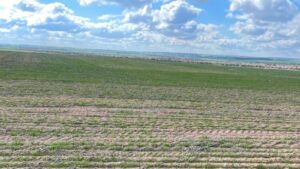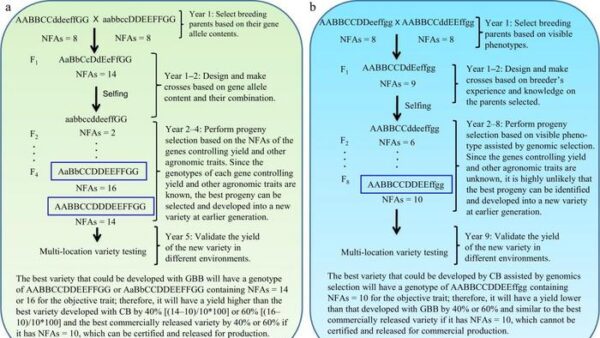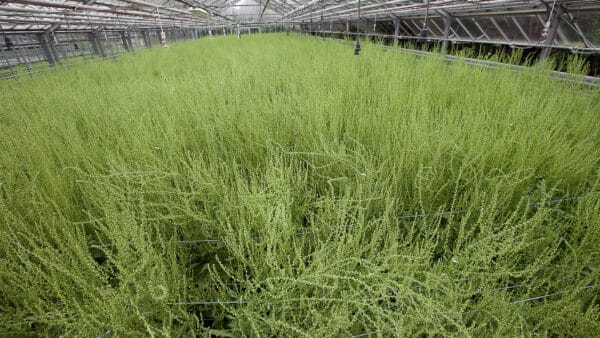Meeting consumer preferences for safe, nutritious and locally-produced food are among the key challenges that will drive future farmer innovation, Monsanto’s new Managing Director in Australia & New Zealand, Tony May, said today.
Increased consumer interest in the sustainability of farming practices along with the mounting pressures of a changing climate and increasing international competition will require big leaps in innovation.
May said that although local farmers face many obstacles, overcoming this trifecta of complex challenges will determine the long term viability and success of Australian farmers.
His comments come as new research by PG Economics reveals the huge economic and environmental gains brought about by Australian farmer adoption of genetically modified (GM) crops 20 years ago. Since 1996, GM crops have boosted farmer incomes by A$1.37 billion, reduced pesticide use by 22 million kg of active ingredient and lowered carbon emissions by 71.5 million kg.
“Technology has underpinned Australia’s global reputation as a clean and green agricultural producer. Local farmers have always met the high expectations of local and international consumers by using the latest technology and management practices available to them to produce safe, high quality food and fibre,” May said.
“If local farmers are to overcome this trifecta of challenges, we cannot allow complacency to set in. Supportive federal and state policy settings, along with cross-sector collaboration, are essential to encourage the development of scientific and technological breakthroughs that will improve livelihoods, our economy and environment.
Almost all of the cotton grown in Australia contains GM technology and is credited by the cotton industry as being crucial to drastically reducing chemical use, improving water management and enhancing the industry’s viability, he added. “Imagine the impact on rural economies and the environment had local farmers not been able to grow genetically enhanced cotton seeds for the past twenty years.”
Genetically enhanced seeds help farmers better manage weeds and insects, allowing them to produce more using fewer resources. Australian farmers were among the first in the world to plant genetically enhanced cotton seeds in 1996. Herbicide tolerant canola was first grown in NSW and Victoria in 2008. Western Australia, the country’s largest grain producing state, followed in 2010. Herbicide tolerant canola is grown by almost 40% of WA canola growers.
May also noted that the growing investment in and adoption of GM crops in key markets across Asia Pacific is both a challenge and an opportunity for Australian agriculture.
Growing consumer acceptance of GM technology and the need to sustainably improve food security in developing countries is driving the adoption of GM crops across our region,” May said. This trend was reinforced by China’s recent announcement that it intends to encourage a large increase in the development and planting of GM crops.
“Local farmers must be encouraged to adopt new technology to improve their international competitiveness. We know from decades of experience that our farmers are world leaders in adopting the latest innovations when they can access them,” he added.
“The last 20 years have also shown that farmers can successfully grow organic, conventional and GM crops side-by-side. This has allowed farmers in states on Australia’s east and west coasts that allow GM crops to be grown to benefit from the latest technology, as well as market their produce as ‘clean and green’ in international markets.”











